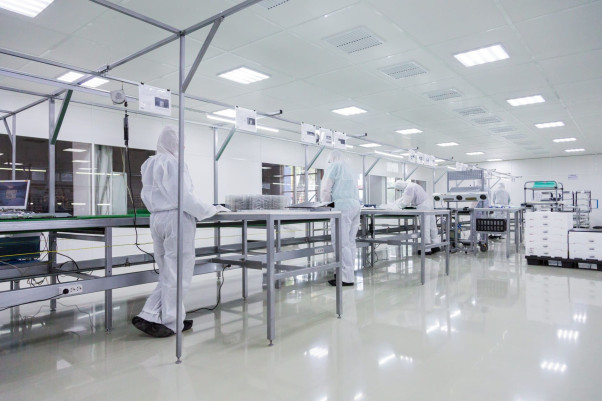
Clean rooms play a crucial role in the pharmaceutical industry due to their importance in ensuring product quality, safety, and compliance with regulatory standards. Here are key points highlighting the importance of clean rooms in this industry:
1. Product Safety and Quality
2. Regulatory Compliance
3. Minimizing Risk
4. Product Shelf Life
5. Research and Development
6. Economic Benefits
7. Enhanced Reputation and Trust
Key Components of Pharmaceutical Clean Rooms
Conclusion
In summary, clean rooms are indispensable in the pharmaceutical industry for ensuring the safety, efficacy, and quality of pharmaceutical products. They support regulatory compliance, protect patient health, and contribute to the overall success and reliability of pharmaceutical manufacturing operations

